Pregnancy is an exciting time for both of you – but it can also be stressful and even scary too, especially if it’s your first time. As the non-birthing partner you may feel a bit stuck for how to help out – or even a bit like a spare part! But don’t worry – there are lots of things you can do to support your partner and help them prepare for the birth. Here are some practical tips.
Tips for supporting your partner
Tip #1: Be there
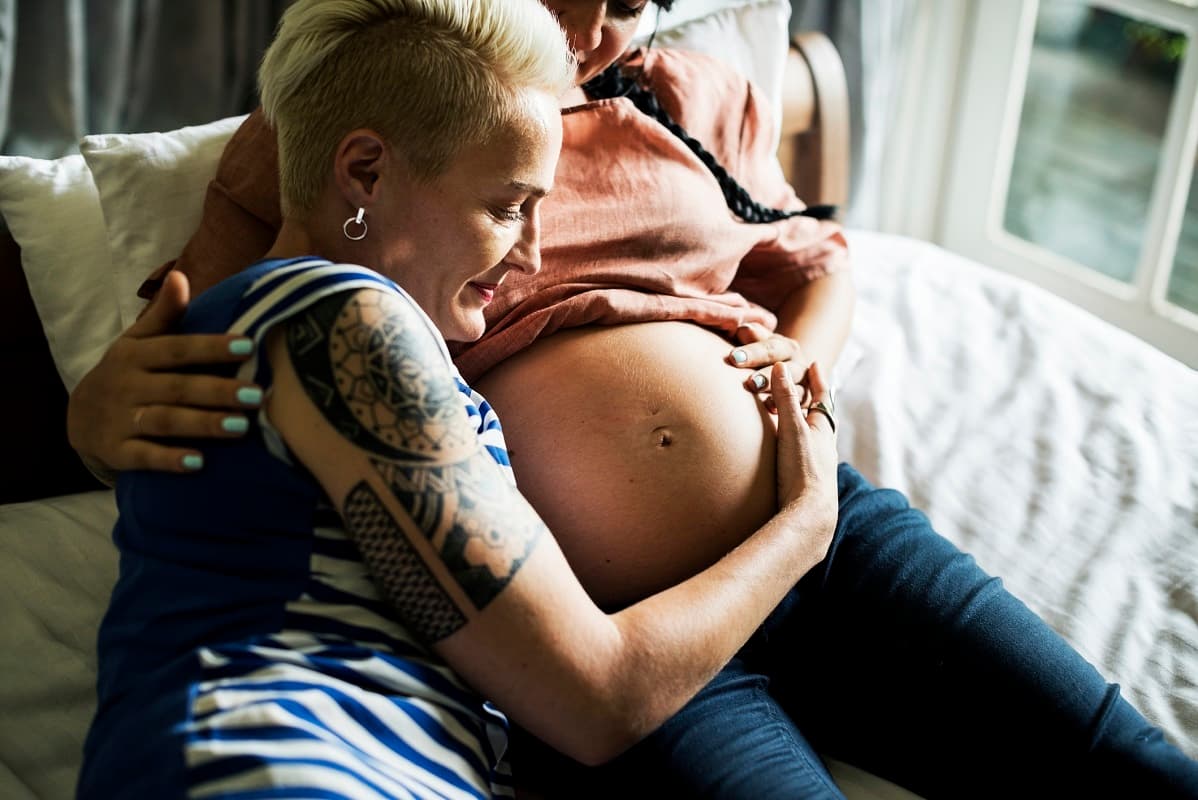
It might sound obvious but one of the best things you can do to support your partner is simply to be there for them. They’ll be going through lots of changes, to their body, hormones and emotions. They may be feeling excited one minute and scared the next, full or energy or utterly exhausted. So encourage them to talk to you about how they’re feeling, and be prepared to listen and be as understanding and empathetic as you can. A back rub, a hot water bottle or a cup of tea could make all the difference!
Tip #2: Do your homework
It may help if you understand more about the different stages of pregnancy and what your partner may be experiencing. Pregnancy is divided into three stages of three months, called trimesters. Our pages on the first, second and third trimesters have more information on what to expect at each stage, and you’ll find lots more on NHS Inform’s Ready Steady Baby website. If your partner’s expecting twins, triplets or more you’ll find lots of information, resources and support on the Twins Trust website.
Other useful websites to look at are:
- the BBC’s Tiny Happy People (you can read their tips for how partners can help with the birth here)
- the baby charity Tommy’s, which has lots of useful info for dads and partners here
- Father’s Network Scotland, which has lots of tips and advice for dads and partners.
Tip #3: Attend the scans

If you can, go the scans with your partner. The appointments might seem a bit mum-focused, but sharing these moments will bring you closer together, and can help make it all seem more real too.
Remember, you have the right to time off work to go to two antenatal appointments. Your employer doesn’t have to pay you for this time, but some do, so it’s worth checking the rules at your work.
You can find out more about how to take time off with your baby on the Fathers Network Scotland website.
Tip #4: Know the birth plan
Talk to your partner about what they want to happen when they go into labour and give birth. For example, do they want to give birth at home or in a hospital, or in a birthing pool? How do they feel about pain relief? That way, you’ll know what they want and can do all the talking when they’re in labour. It can take a load off your partner’s mind to know that you can help communicate their needs and wants.
You can find out more about making a birth plan on the Ready Steady Baby website.
Remember that once things start to happen, your partner may change their mind – so be prepared to listen and be flexible.
Tip #5: Trust your instincts
If your partner has any concerns about their pregnancy or feels the baby’s movements have slowed down or stopped, encourage them to talk to their midwife or maternity unit immediately. It’s likely there’ll be nothing wrong and at all – midwives and maternity units are very used to this and you won’t be wasting their time at all. But if there are any potential problems, the sooner they’re spotted the better. You can find out more in our section on helping to reduce the risks of stillbirth.
Tip #6: Support your partner to give up smoking and alcohol
This is a biggie. Stopping smoking and not drinking are some of the best things mums-to-be can do for themselves and their babies. Cutting out smoking and drinking alcohol reduces the risk of miscarriage and stillbirth and means the baby is more likely to develop well. But it isn’t easy – so anything you can do to support them will be extremely welcome.
You can support your partner to stop drinking by:
- not drinking alcohol around them
- trying activities that don’t involve alcohol, like going swimming, visiting a museum or trying a new hobby
- experimenting with non-alcoholic alternatives such as mocktails, smoothies, and flavoured and fizzy water.
You can find out more about alcohol and pregnancy on the Ready Steady Baby website.
If you smoke yourself, it’s important not to smoke in front of your partner – in fact one of the best thing you can do for your baby’s health is to stop smoking altogether too. You can find lots of tips for quitting and for supporting your partner to stop smoking here.
Tip #7: Help your partner sleep more comfortably and safely
As the pregnancy progresses, your partner may find it harder to sleep comfortably. From 24 weeks your partner should always sleep on their side, as this helps reduce the risk of stillbirth. To help them do this, you could try placing pillows down their side to keep them comfortable. If you notice they’ve rolled over onto their back in the night, you can gently roll them back onto their side. You can find out more about this in our section on stillbirth.
Tip #8: Plan any changes to your work life
Having a baby is exciting and wonderful but it can also be overwhelming, you’ll probably want some time off when your baby arrives and your family adjusts.
You may be entitled to paternity leave and pay, allowing you to spend time caring for and getting to know your baby. You may also be able to get shared parental pay and leave, which is where your partner transfers some of their maternity leave and pay to you. You could use this to take turns having time off, or to have time off together, whichever suits your family best.
If you intend to take paternity leave or shared parental leave, make sure you let your employer know as soon as possible.
You can find out more about paternity leave and pay and shared parental leave and pay on the gov.uk website.
You can find out more about how to take time off with baby on the Fathers’ Network Scotland website.
Tip #9: Build a cot for the new arrival
Working out the sleeping arrangements and building a cot is another really great practical thing you can do to help. Although remember your new arrival can always use their Baby Box for sleeping!
Tip #10: Source other essential items you'll need
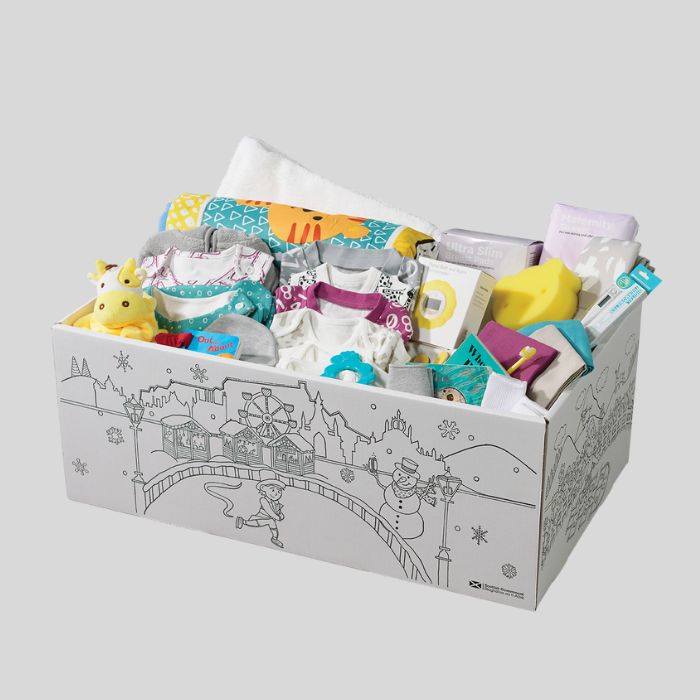
One thing you’ll soon discover is that babies need a lot of stuff! But this doesn’t have to cost a fortune. You’ll get lots of the items you need in your Baby Box (you can see a full list of everything the box includes here). And it’s definitely worth asking friends and family and checking local parenting groups on sites like Facebook and Gumtree to see if anyone has a buggy or any clothes, toys or other items going spare. Charity shops and second-hand stores can also help here. This page on Ready Steady Baby lists the things you may need.
Our page on saving money before your baby arrives has more tips to help if your budget is tight.
Tip #11: Work out where to store baby's belongings
All your baby’s stuff has to live somewhere, so it’s a good idea to work out in advance where you’ll keep everything. If you’re not using the Baby Box as a cot, it makes a great storage unit too!
Tip #12: Sort your wee one's car seat
If you need to get a car seat, the Good Egg Safety website has lots of advice. It’s a good idea to get the car seat fitted before your partner’s due date, so it’s in place ready to take your wee one home from the hospital.
Tip #13: Help your partner pack an overnight bag
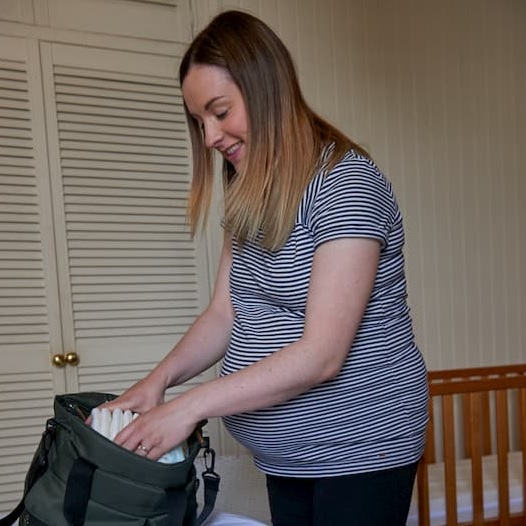
Having some essential items packed and ready to go will mean you can make a quick getaway to the hospital if you need to. You can find a list of useful things to pack on the NHS website.
Once it’s packed, put the bag somewhere handy so you can grab it and go.
Tip #14: Plan how you'll get to the hospital
If your partner is planning on a hospital birth, it’s reassuring to know in advance how you’ll get there when your partner’s labour begins. If you’re going by car, make sure you know the route and that the car is always topped up with fuel. As the due date gets nearer you should probably stop drinking alcohol, so you’ll be safe to drive whenever the contractions start.
If you don’t have a car, try and see if a friend or family member can give you a lift, or if a local taxi firm is happy to take you. If someone else is giving you a lift it’s a good idea to have a back up plan in case they’re not available when your partner goes into labour.
Tip #15: Batch cook in advance
Preparing food in advance and freezing meals means when baby comes you can focus on time as a family without worrying about cooking.
Tip #16: Numbers
Make sure you have all the important phone numbers in your phone, for your GP and midwife, the hospital and any key family members. And make sure your phone is always switched on and charged, in case your partner tries to contact you.
Tip #17: Talk about how you'll feed your wee one
Before your baby arrives it’s a good idea to have a think about your feeding options, whether that’s breastfeeding, bottle feeding or a mix of both. Our page on feeding options has more advice.
If you’re thinking about breastfeeding, it’s a good idea to find out what support is available in your area before the baby’s born. In this video, Scott Mair from Fathers Network Scotland has more tips for how dads and partners can be more involved and support their partner through breastfeeding.
Tip #18: Help out round the house
The more rest your partner can get in the run up to the birth, the better. So it’ll really help if you take over as many chores as you can, particular any that involve heavy lifting, like hoovering or lugging washing around.
Tip #19: Talk to the kids
If you already have a child or children, the arrival of a new baby can be hugely exciting – or perhaps a bit of a shock, if they’re used to being the centre of your attention! Our tips for getting them ready for a new brother or sister have lots of ideas to help make the process a bit smoother, so why not try working through them together?
Tip #20: Be the point of contact
The last thing your partner will want when she’s going into labour is her phone ringing off the hook from excited family and friends. So why not set up a friends and family Facebook or Whatsapp group so you can let people know how things are going? And maybe fend them off if you need some time alone together!
Remember to check with your partner before sending any out photos or posting anything on social media. You might want to talk about this before the birth, to make sure you’re on the same page.
Tip #21: Ask family and friends to help out
Friends and family will want to help out, so why not enlist them to do specific tasks, like looking after any other children, cleaning, cooking, putting a wash on or walking the dog? That way you won’t end up with 10 casseroles but an overflowing laundry basket and a restless dog!
Tip #22: Look after yourself
Looking after your partner is super important, but don’t forget to look after yourself too – you can’t pour from an empty glass, remember. Our wellbeing tips for dads and partners-to-be have lots of helpful advice.
Further information
Our mental health tips for partners and dads-to-be have more advice on how you can prepare yourself for the big day, to help make the process less overwhelming.
You'll also find lots of helpful advice on the Fathers Network Scotland website.
 Activities & Play
Activities & Play Behaviour
Behaviour Childcare
Childcare Development & Growing Up
Development & Growing Up Family, Friends & Relationships
Family, Friends & Relationships Feeding Your Baby
Feeding Your Baby Food & Eating
Food & Eating Health & Safety
Health & Safety Mental Health & Wellbeing
Mental Health & Wellbeing Money & Work
Money & Work Online Behaviour & Safety
Online Behaviour & Safety Pregnancy & First Days
Pregnancy & First Days School & Education
School & Education Sleep
Sleep


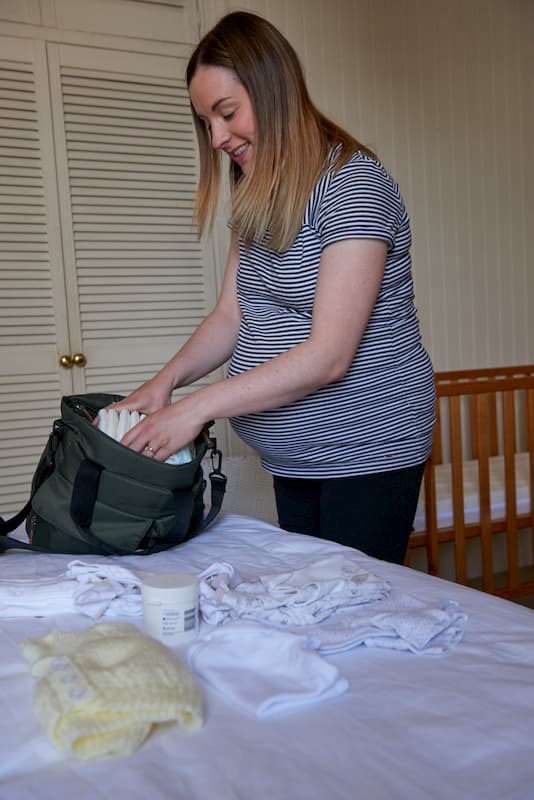


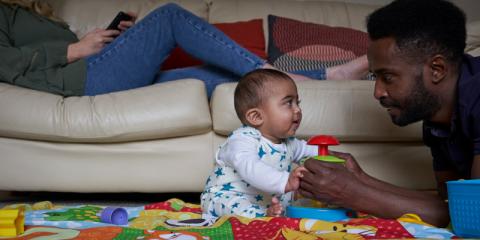



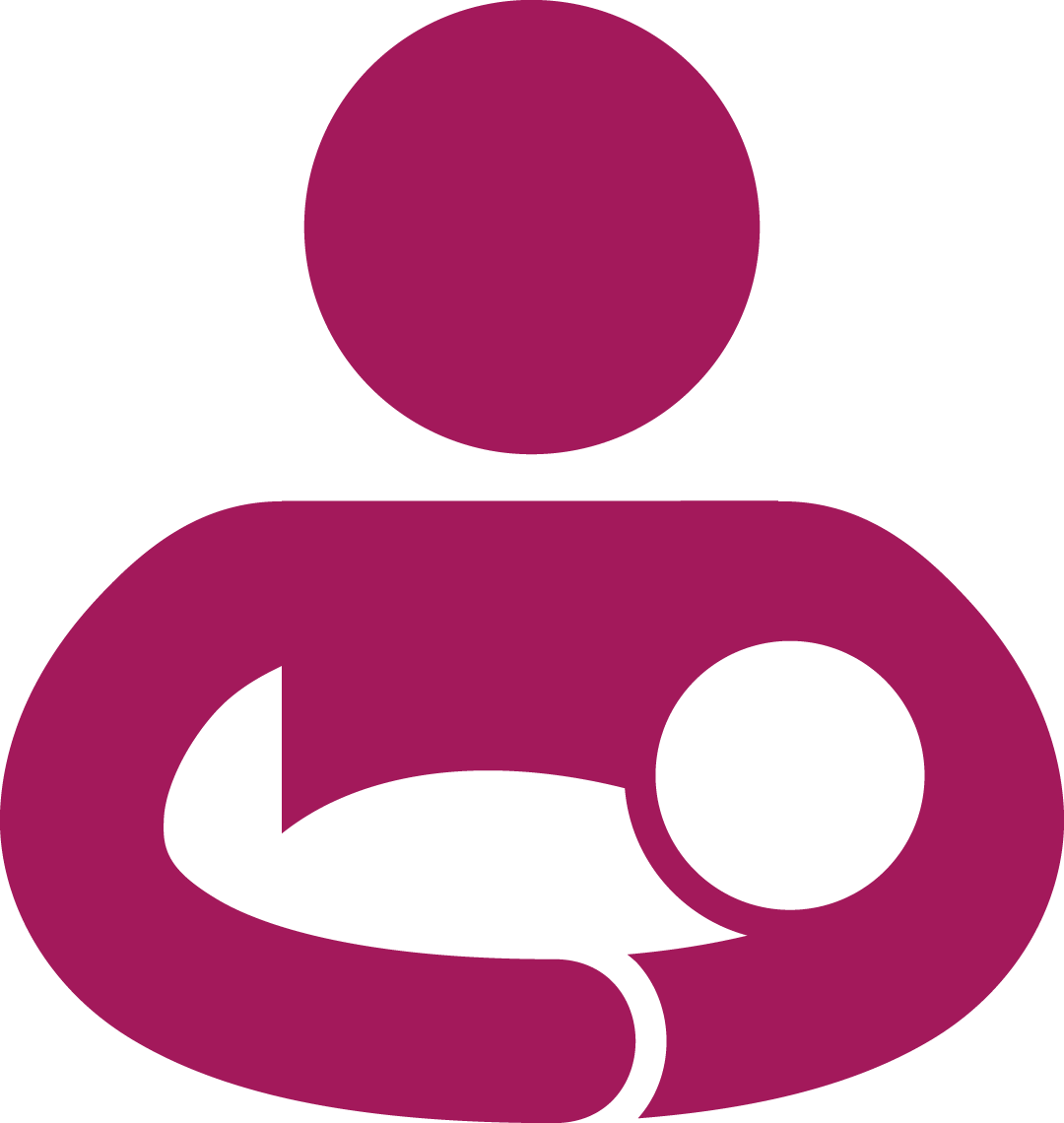 Feeding Your Baby
Feeding Your Baby
 Sleep
Sleep